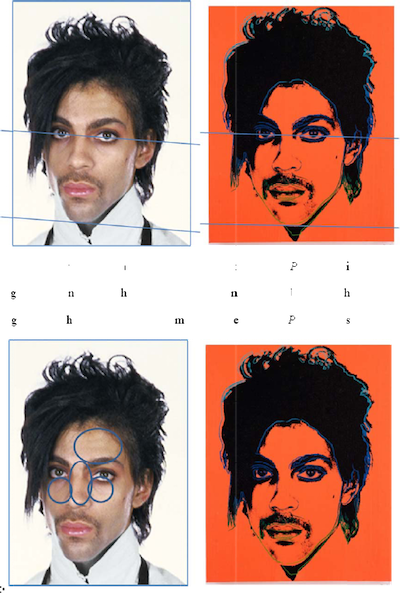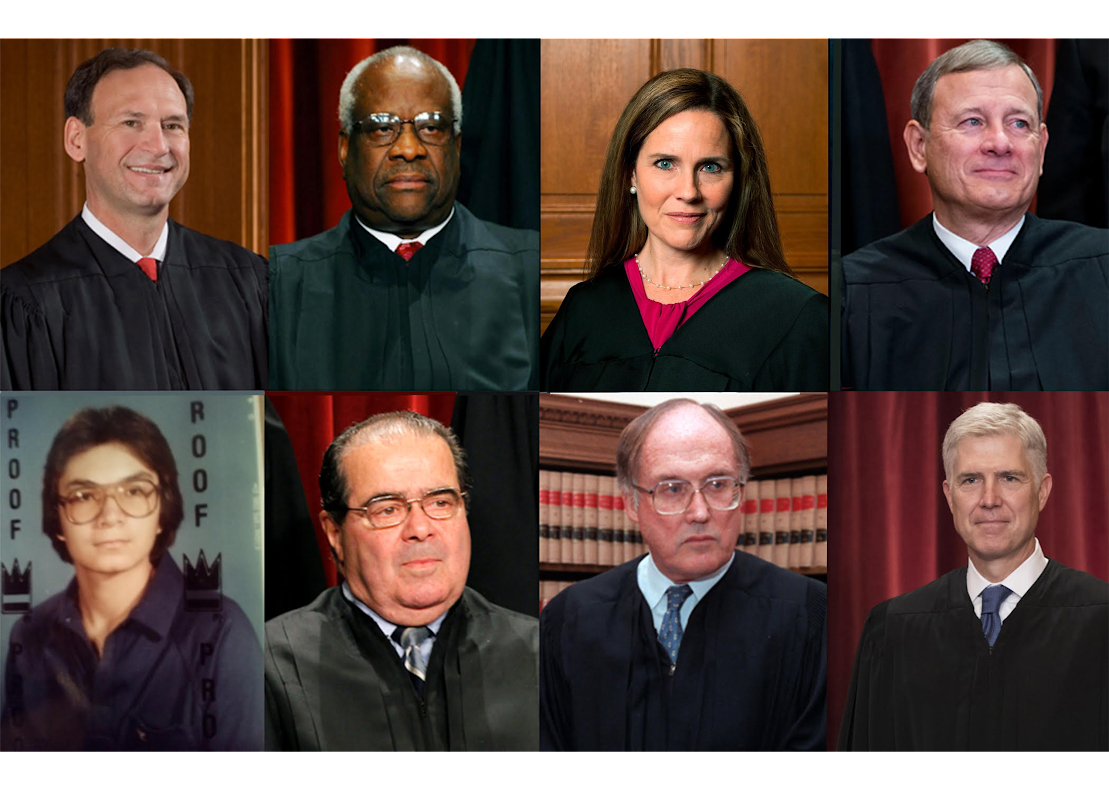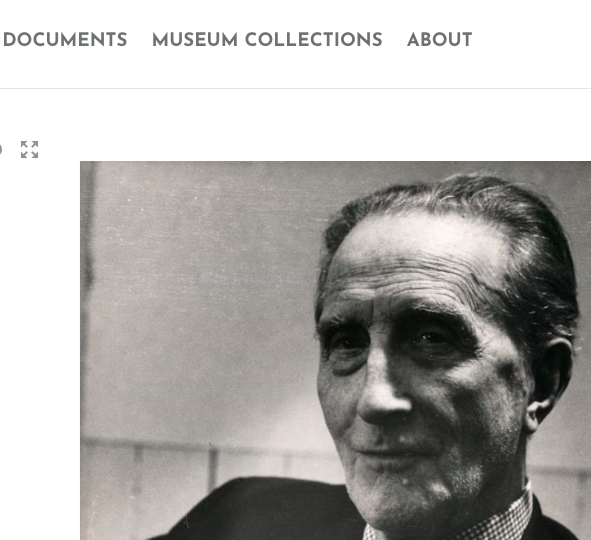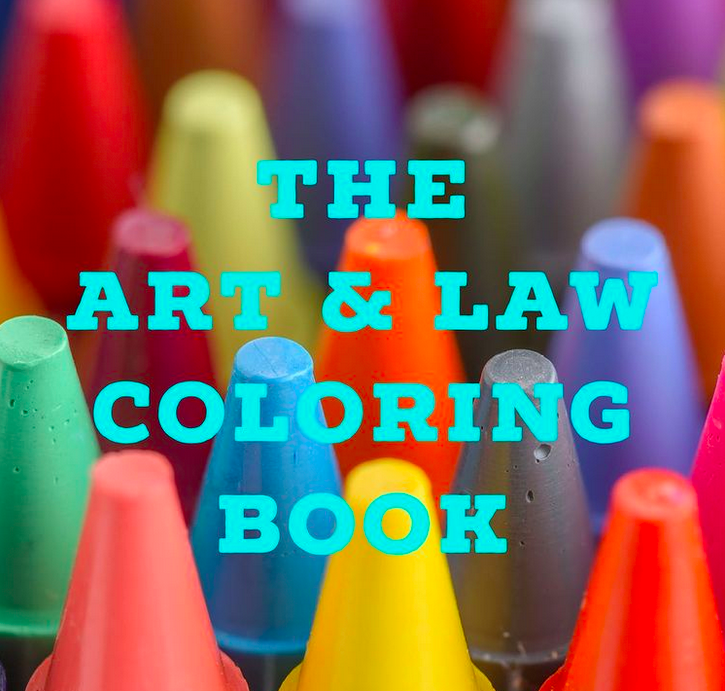
Copyright, copyright, copyright. It’s all copyright. Writing, sculpture, photographic images, paintings, a postage stamp. The Little Mermaid, web aggregators, J.D. Salinger, Mannie Garcia, Shepard Fairey, the Associated Press, Patrick Cariou, Richard Prince, Frank Gaylord, the United States Post Office: all involved in a copyright dispute of some sort. To say that heightened awareness of copyright issues is due in large part to the internet is an understatement. Realistically speaking, original creators are realizing the financial potential of their creations and, unlike before, the nice-guy attitude is relinquished, and rightly so. It is time that a nation founded on property principles revisits the dilapidated state of its property rights, primarily those of intellectual property. It is time that congress and courts restore to property owners their constitutional right to exploit or dispose of their property as they see fit.
This is not to say that all uses or transformations of an original artist’s work should be criminalized or made unlawful, but rather that the courts should look with utmost caution and skepticism at the secondary production and rigorously question the ease with which it was produced. It has become much too facile for artists to wake to a cup of coffee and sit at their desktops, click on Google Images and steal away. If the argument is that the internet has in fact heightened the mass dissemination of images, sounds, and texts, then it logically follows that finding the original author and creator is just as simple. Most websites have contact information for their creators and editors. Why can’t secondary users contact the original creators and ask for permission, license or, simply put, ask for an outright sale of the work?
And why the selective reasoning by artists on the applicability of fair use: the continued insistence that it’s ok to steal from someone else yet no one else better steal from me? Does this self-entitlement to anyone’s cultural goods hinge on the classist and elitist distinction made between fine artist and craftsman, between contemporary artist and technician? Isn’t this the same distinction that many of the artists siding with Shepard Fairey and the U.S. Post office helped to deconstruct: the blurring of craft and high-art? What makes Frank Gaylord (the sculptor and copyright owner of the Korean War Veteran’s Memorial) and Mannie Garcia (the photographer who shot the Obama image for the AP) any less of an artist? Should a “strict scrutiny” style structure be applied to “fair use,” favoring original authors and creators, regardless of their standing on the artist/craftsman scale? It’s time that U.S. courts put an end to the belief by many that it’s ok to make a bountiful living off the work of someone else.
How Will I Laugh Tomorrow?
While museums continue to suffer closings, layoffs and cutbacks, the College Art Association initiates an anti-deaccessioning petition. This position is absurd at best and irresponsible at worst. Donors will continue to gift artworks to museums and public art institutions regardless of deaccessioning. Barring a flop by Obama and the states on tax-deductible donations, the incentives (financial and tax-wise) are and will remain highly lucrative for and beneficial to donors. The financial calamity we have experienced should tell us that if the general “public” is skeptical of funding a nation-wide healthy system, they are most certainly against any further funding of the arts through higher taxes. There are more than enough ethical and legal arguments for allowing museums and public art institutions to deaccession artworks for general and operating support. Among these of course is a constitutional right of a property owner to exploit and dispose of her property as she sees fit. Barring any unbreakable donor intent clauses or other legal restrictions, if the gifted artwork is the sole property of a museum, it stands to reason that it is the museum, as property owner, that has sole discretion of the artwork’s use. The continued idealization of art and of artworks as existing outside a capitalist profit-driven structure and the perverse negation of its commercial status will only further the demise of its production and its reception.








